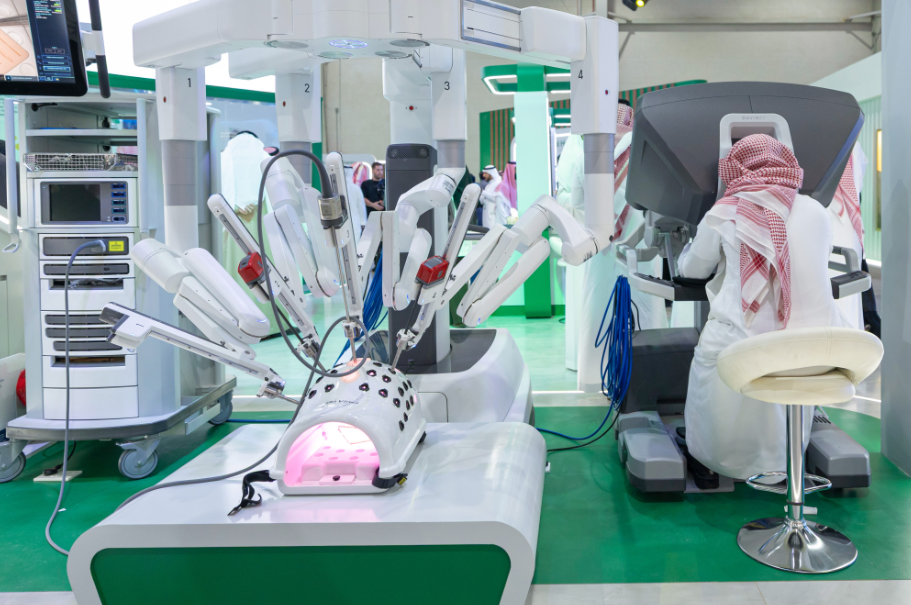The United Arab Emirates: A Pioneer in Digital Transformation in Education
- Caroline Haïat

- May 14
- 2 min read

In recent years, the United Arab Emirates (UAE) has emerged as a model for rapid digital transformation, and one of the sectors most deeply impacted by this revolution is education. Thanks to a proactive policy of technological investment, the country has successfully modernized its educational systems to meet the demands of the 21st century. The Emirati government has placed education at the core of its future vision—particularly through initiatives such as Vision 2021 and, more recently, UAE Centennial 2071. These national strategies reflect a strong commitment to integrating information and communication technologies (ICT) into teaching and learning, with the ultimate goal of creating a knowledge-based economy that can compete on a global scale.
Smart Schools and Digital Platforms
The UAE was among the first countries to experiment with the concept of Smart Learning. Programs such as the Mohammed bin Rashid Smart Learning Program introduced tablets, interactive whiteboards, and online learning platforms at the primary school level. Institutions like GEMS Education and public schools in Dubai and Abu Dhabi already use tools based on artificial intelligence (AI), augmented reality (AR), and virtual reality (VR) to enhance student learning experiences.
Higher education has also embraced this digital shift. Universities such as Khalifa University and the United Arab Emirates University are investing in cutting-edge laboratories, hybrid learning models, and strategic partnerships with global tech giants like Google, Microsoft, and IBM. The COVID-19 crisis further highlighted the UAE’s capacity to ensure educational continuity through its robust digital infrastructure. Within days, the country transitioned to remote learning, deploying platforms such as Madrasa, a free initiative offering thousands of Arabic-language lessons. This rapid adaptation demonstrates the agility and technological readiness of the UAE’s education system.

Despite its successes, the UAE still faces several challenges: bridging the digital divide between urban and rural areas, equipping teachers with the necessary digital skills, and maintaining human interaction in an increasingly tech-driven educational environment. The government is addressing these issues through ongoing professional development programs, international collaborations, and digital inclusion policies aimed at supporting low-income families.
The United Arab Emirates exemplifies how technology, when intelligently integrated and backed by a clear political vision, can profoundly transform education. The country is not merely adopting digital tools—it is redefining teaching and learning methods to prepare its citizens for the jobs of the future.
Caroline Haïat




Comments